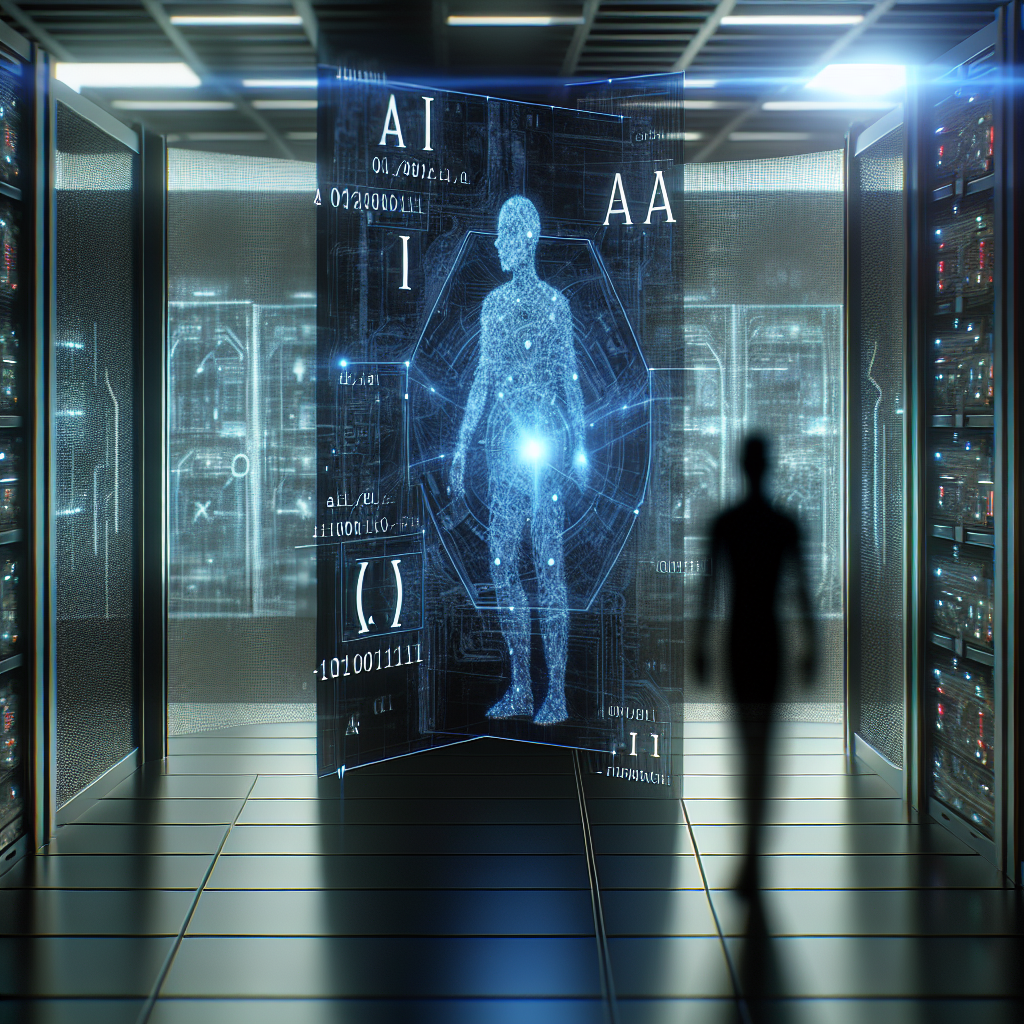In today’s digital age, the rapid advancement of technology has brought about numerous benefits and conveniences. One of the most groundbreaking technological advancements in recent years is artificial intelligence (AI). AI has the potential to revolutionize industries, streamline processes, and improve efficiency. However, with the increase in AI usage, concerns about privacy and data security have also heightened. The very nature of AI, with its ability to collect, analyze, and interpret vast amounts of data, poses a significant threat to privacy and data security.
How AI Threatens Privacy
AI systems rely on vast amounts of data to function effectively. This data can include personal information, browsing history, location data, and more. As AI systems become more sophisticated and capable of processing large amounts of data, the potential for privacy breaches also increases.
One of the main ways AI threatens privacy is through data collection. AI systems collect and analyze data from various sources to make decisions and predictions. This data can include sensitive personal information, such as health records, financial information, and social media activity. If this data is not properly secured, it can be vulnerable to hacking, data breaches, and misuse.
Another privacy concern with AI is the potential for surveillance. AI-powered surveillance systems are increasingly being used in public spaces, workplaces, and even homes. These systems can track individuals’ movements, behaviors, and activities, raising concerns about invasion of privacy and the potential for abuse.
Furthermore, AI algorithms can also perpetuate biases and discrimination, leading to privacy violations. AI systems are trained on historical data, which can contain biases and prejudices. If these biases are not addressed, AI systems can make discriminatory decisions that violate individuals’ privacy rights.
How AI Threatens Data Security
In addition to privacy concerns, AI also poses a significant threat to data security. AI systems are vulnerable to cyberattacks, hacking, and data breaches. These attacks can compromise sensitive data, disrupt systems, and cause significant damage to individuals and organizations.
One of the main data security threats posed by AI is the potential for adversarial attacks. Adversarial attacks are a type of cyberattack that manipulates AI systems by feeding them malicious data. These attacks can trick AI systems into making incorrect decisions, compromising the integrity and security of the system.
Another data security threat with AI is the potential for data poisoning. Data poisoning occurs when an attacker manipulates the training data used to train AI algorithms. By introducing malicious data into the training set, attackers can corrupt the AI system and compromise its security.
Furthermore, AI systems can also be vulnerable to backdoor attacks. Backdoor attacks involve inserting hidden vulnerabilities into AI systems, allowing attackers to gain unauthorized access and control over the system. These attacks can enable attackers to steal data, manipulate systems, and cause widespread damage.
FAQs
Q: How can individuals protect their privacy in the age of AI?
A: Individuals can protect their privacy by being cautious about the data they share online, using strong passwords, enabling two-factor authentication, and regularly updating their privacy settings on social media platforms. It is also important to be aware of the data collection practices of AI-powered devices and services and to opt-out of data collection whenever possible.
Q: What measures can organizations take to enhance data security in AI systems?
A: Organizations can enhance data security in AI systems by implementing robust cybersecurity measures, conducting regular security audits, encrypting sensitive data, and training employees on cybersecurity best practices. It is also important for organizations to stay informed about the latest cybersecurity threats and trends and to update their security protocols accordingly.
Q: How can AI developers address biases and discrimination in AI algorithms?
A: AI developers can address biases and discrimination in AI algorithms by ensuring diverse and representative training data, implementing bias detection and mitigation techniques, and conducting regular audits to identify and address biases. It is also important for developers to involve ethicists, data scientists, and stakeholders in the development process to ensure that AI systems are fair and unbiased.
In conclusion, while AI offers numerous benefits and opportunities, it also poses significant threats to privacy and data security. It is essential for individuals, organizations, and policymakers to address these concerns and take proactive measures to protect privacy and enhance data security in the age of AI. By implementing robust cybersecurity measures, addressing biases and discrimination, and staying informed about the latest threats and trends, we can harness the power of AI while safeguarding privacy and data security.

